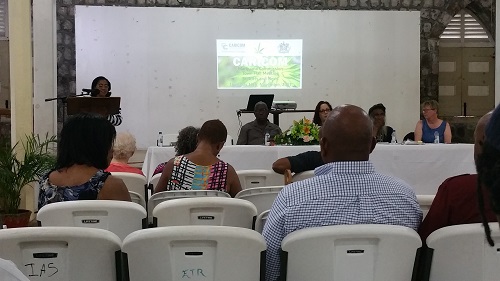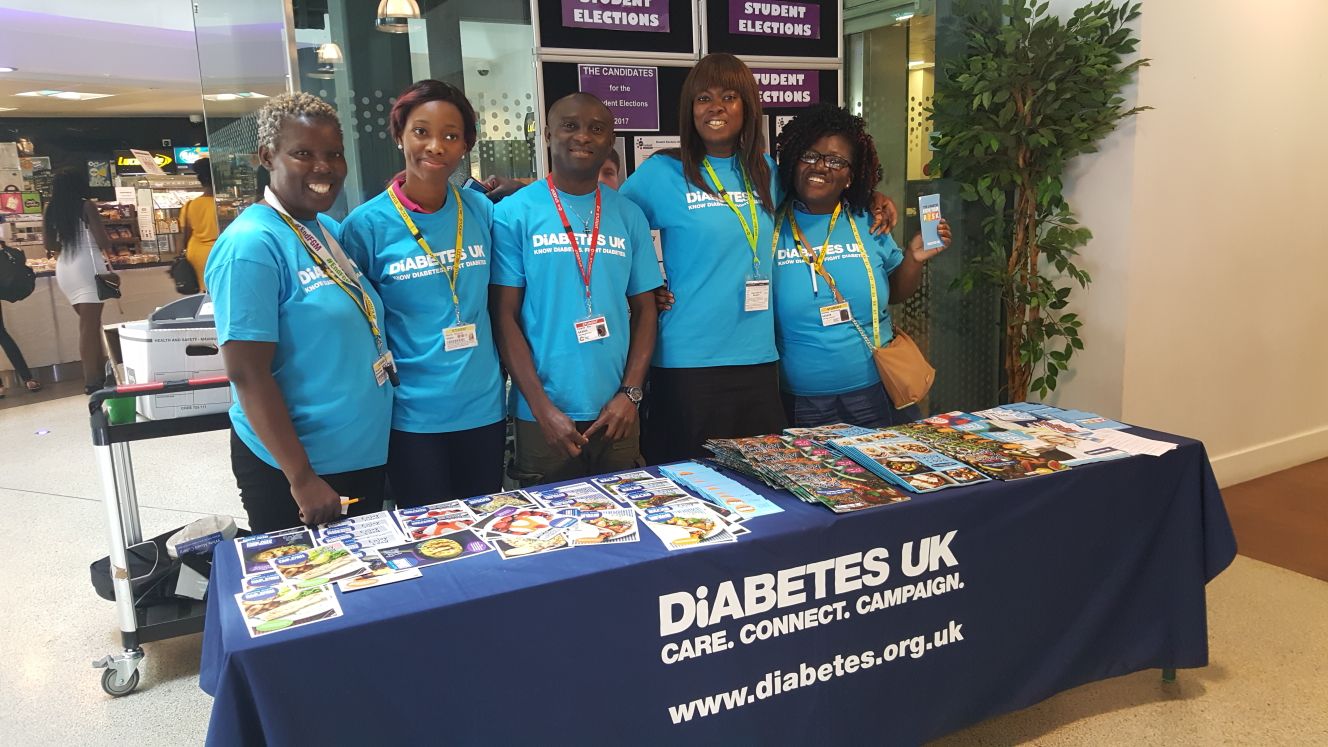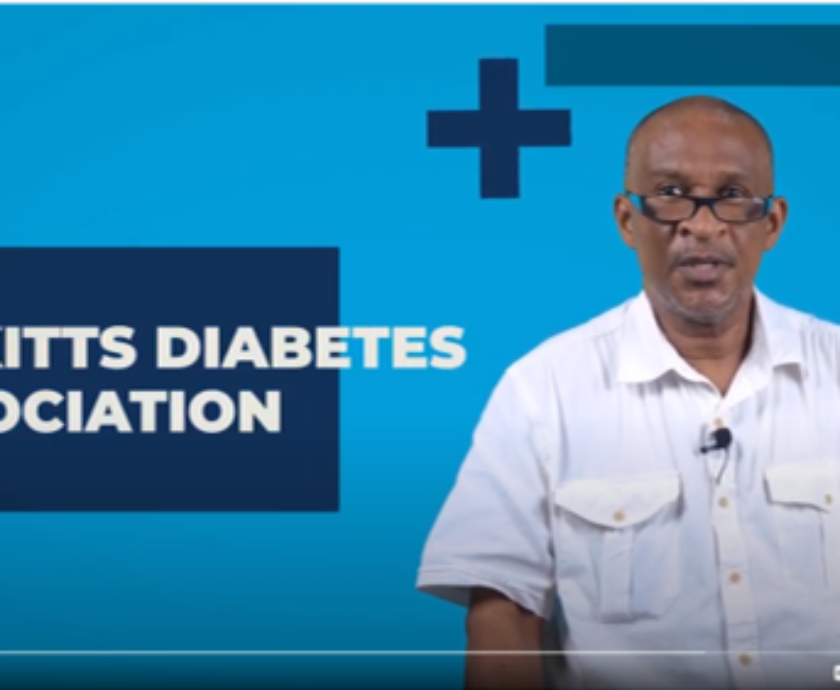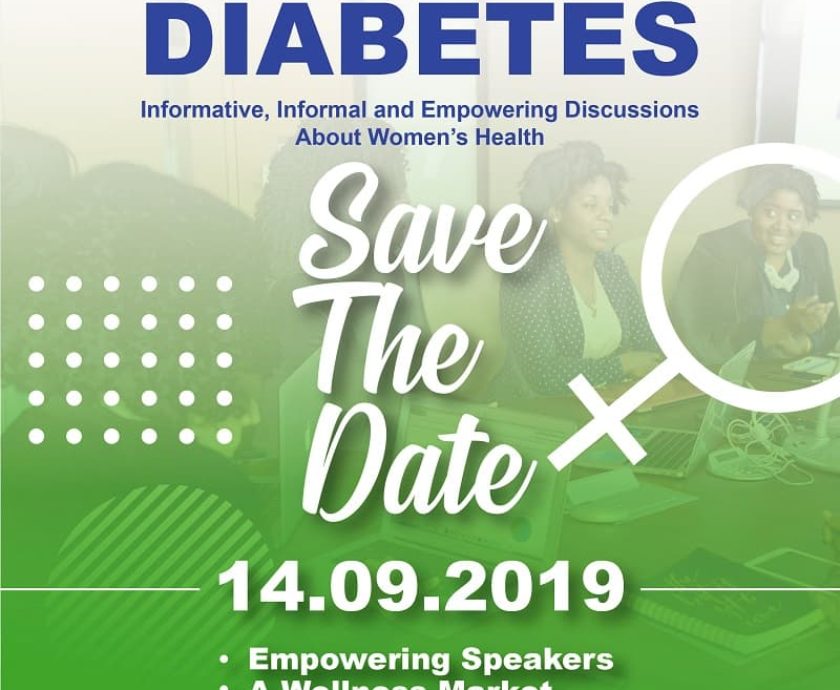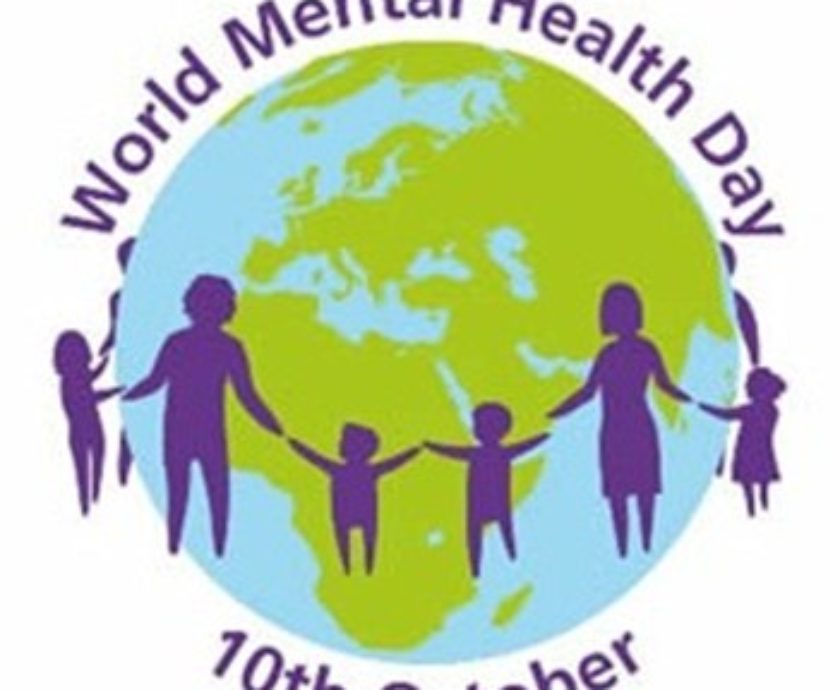Friday 17th November was the second annual Caribbean Alcohol Reduction Day. This year’s theme was: Drink Less, Reduce Cancer and to mark the day the Healthy Caribbean Coalition, in collaboration with PAHO, CARPHA and CARICOM, hosted a webinar on Alcohol and Cancer in the Caribbean. This was a very informative and interesting webinar which featured three speakers:
- Dr Kevin Shield – Alcohol Consumption and Cancer in the Caribbean
- Dr Maristela Monteiro – Alcohol Policies in the Caribbean
- Dr Rohan Maharaj – Alcohol use among the elderly in the Eastern Caribbean: Associations with NCDs and psycho-social issues
Alcohol Consumption and Cancer in the Caribbean
The first presentation was delivered by Dr Kevin Shield. He started by providing some background into cancer in the Caribbean explaining that the latest data, from 2012, shows that in the Caribbean about 21,000 new cancer cases are diagnosed every year and just over 13,000 deaths per year in the region are due to cancer. When we look at the number of cancers in the Caribbean caused by alcohol, it is estimated to be 650 cancer cases per year or put another way 3.1% of all cancers diagnosed in the Caribbean are due to alcohol consumption. Looking at the number of cancer deaths in the Caribbean due to alcohol, 2.9% of all cancer deaths are due to alcohol consumption or 387 deaths per year.
Dr Shield stated that in the Caribbean, on average, an adult consumes 1.2 alcoholic drinks per day, but there is a difference amongst countries with some countries drinking less and other drinking significantly more.
Dr Shield explained the link between cancer and drinking stating that numerous studies have been conducted that have determined how drinking causes cancer. Data suggests that alcohol causes cancer in the following ways:
- By our bodies converting alcohol into a cancer-causing chemical (i.e. a chemical that can damage our DNA)
- By affecting our hormone levels and various pathways in the body
Through research links have been found between alcohol and cancers of the mouth, upper throat, food pipe, voice box, breast, bowel and liver. The number one cancer impacted by alcohol is breast cancer.
Based on all of these factors the International Agency for Research on Cancer has classified alcohol as a type 1 carcinogen, which means there is the highest level of evidence to suggest that it does cause cancer. So drinking is a major problem.
The question then is: how can we prevent the cancers that are caused by alcohol? The solution is to reduce alcohol consumption and Dr Shield stated that there are three cost effective and feasible approaches that can be taken:
- Restrictions on access
- Banning advertising
- Increasing excise taxes
This presentation ended on a fairly positive note highlighting that many Caribbean countries have not fully introduced these three measures which means that there is potential to make a huge difference in tackling alcohol and cancer in the Caribbean.
Alcohol Policies in the Caribbean
We then heard from Dr Maristela Monteiro who gave an overview of alcohol policies in the Caribbean. She started by explaining that as part of the voluntary global non-communicable diseases target for 2025 there is a goal to reduce harmful use of alcohol by 10%. WHO and PAHO, in consultation with a number of organisations, developed a global strategy to reduce harmful use of alcohol and they provided recommendations on 10 policy areas and countries are to try to implement as many as possible. They describe particular recommendations as “best buys” especially for low to middle income countries and these were the three areas mentioned by the previous speaker (restrict access to alcohol, enforce bans on advertising and raise taxes on alcohol).
Dr Monterio then went through each of these three policy areas giving an assessment of how successful Caribbean countries have been with their implementation. She started first with whether countries have a national alcohol policy in place. Out of the 14 Caribbean countries that they looked at only three had some form of national policy.
Dr Monterio then looked at policies to restrict access to alcohol:
- Licensing: most Caribbean countries have a licensing system, 12 out of the 14 countries. Licensing systems restrict access by imposing rules and penalties to those who wish to sell alcohol such as not selling to minors, the license also has a fee and this may limit the number of businesses who choose to sell alcohol.
- Restrictions on hours, locations and days of sale of alcohol: only three Caribbean countries were fully compliant in this area.
- Minimum drinking age: most Caribbean countries have a minimum drinking age, only three don’t. The majority of countries in the Caribbean with a minimum drinking age have set this at 18, some have set this at 16. It was felt that 18 was a relatively low age restriction and this could be increased to 21 to have more of an impact.
Dr Monteiro then discussed taxation. She stated that in the Caribbean most countries have some taxation of alcohol, but these taxes were introduced many years ago and have not been adjusted for inflation. This means that taxation is not having the impact that it should as taxes are fairly low and are not acting as a deterrent.
Finally Dr Monteiro discussed restrictions on advertising and explained that this was the least developed area of policy in the Caribbean. She explained that this is a major problem as 20% of students are exposed to alcohol advertising daily and research has shown that this is associated with an increase in alcohol consumption. She explained how persuasive these advertising campaigns are and some of the tactics used to encourage people to drink – companies focus on alcohol as an antioxidant, that consuming alcohol causes weight loss and improves your mood (this communicates the message that alcohol is healthy) and equating drinking alcohol to business success.
Action needs to be taken to address advertising as research as shown that youths are more exposed to advertising than adults so there is a concerted effort by the alcohol industry to reach young people and make them life-long drinkers.
Alcohol Use and the Elderly
Finally we heard from Dr Rohan Maharaj who summarised a very interesting piece of research carried out across four Caribbean countries on alcohol use and the elderly. The research consisted of participants from Puerto Rico, Barbados, the US Virgin Islands and Trinidad. The data was collected from April 2013 to May 2015 and they determined whether people were ever-drinkers, current drinkers, problem drinkers or heavy drinkers and related this to various psycho-social and health issues. Their main conclusions were:
- Generally there was wide use of alcohol across all participants
- 5-6% of participants were involved in potentially harmful alcohol use
- Males were more likely to be problem or heavy drinkers
- There was an association between alcohol use and stage 1 hypertension
- There was an association between alcohol use in ever-drinkers and cancer
- A higher proportion of those with lower educational achievement admitted to alcohol use
- Those who were employed were more likely to be drinkers (thought to be because they had more disposable income)
- Those who reported earlier initiation of sexual activity reported heavy drinking
- Those who had issues with domestic violence (current or past) had reports of problem drinking
- Heavy and problem drinkers tended to be lower educated males, living in Trinidad, married, physically active and employed with high rates of hypertension and being diabetic.
Dr Maharaj and his team will be doing a follow up study with participants in the next 2 to 3 years and this will give them the opportunity to further explore the link between alcohol use, cancer and other non-communicable diseases.
Conclusion
This was a very informative webinar and it’s so important that we get some of this information out to the public as we know that many people are not aware of the link between cancer and alcohol consumption.
For more information you can listen to a recording of the webinar here










